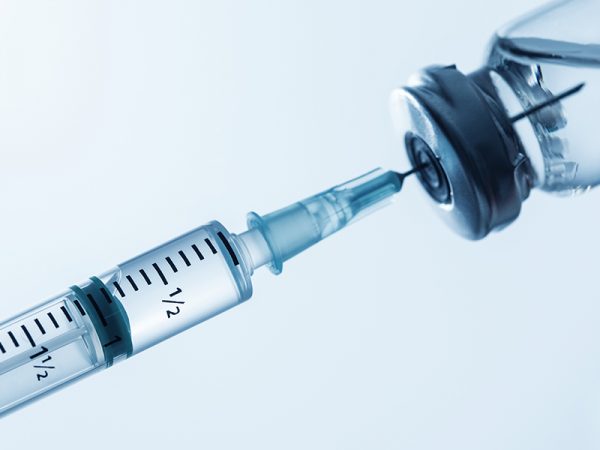Hospitals and other healthcare facilities frequently produce biomedical wastes. Such wastes include solids, liquids, laboratory wastes, and sharp objects that, if disposed of carelessly, have a high potential to spread illnesses. Such biological wastes must be appropriately disposed of in order to safeguard the interests of the general public. Again, those who work in https://utpr.es/ healthcare and sanitization are frequently exposed to such wastes, thus it is important for them to properly dispose of and handle such wastes as little as possible to safeguard their health and hygiene.
The term “biomedical waste” is used to distinguish these wastes from industrial or domestic pollutants. These wastes are biological in nature and are produced during the illness diagnostic, prevention, or treatment processes in hospitals and other healthcare facilities. In hospitals, nursing homes, labs, home health care facilities, veterinary clinics, and other facilities of a similar kind, biomedical wastes are typically generated.

Biomedical wastes are divided into a number of categories. Catheters, tubes, disposable gowns, masks, scrubs, surgical staples, sutures, and wound dressings all fall under the subcategory of solid wastes. Body fluids, tissues, cells, organs, and tissue cultures are typical examples of biomedical wastes in liquid form. Biomedical wastes also include sharps such blades, razors, scalpels, lancets, cuvettes, slides, needles, and syringes. Biomedical wastes can also include radioactive substances, various pharmacological mixtures, and medications.
In hospitals and clinics, biomedical waste management is typically outlined as a procedure. In hospitals as well as in people’s homes, such wastes must be separated from regular household garbage. Such trash is often collected separately for separate disposal and put in bags and containers with particular labels. Syringes, bandages, disposable gloves, and other things shouldn’t be disposed of with normal household garbage when such wastes are generated in houses. These increase the danger of harm or illness to the garbage collectors. In certain nations, a large number of private parties provide mail-in disposal or collection systems through which biological wastes are expressly removed from residences and medical facilities.
Since they endanger the environment and human health by polluting the air, water, and soil of our surroundings, all nations must have laws governing how to dispose of these wastes. To eliminate any chance of contamination, soiled clothing, bedding, or other objects that come into touch with biological wastes should be thrown away or cleaned using disinfectants such bleach.Biomedical wastes should be handled in this way, and everyone who comes into touch with them should take the appropriate precautions.




